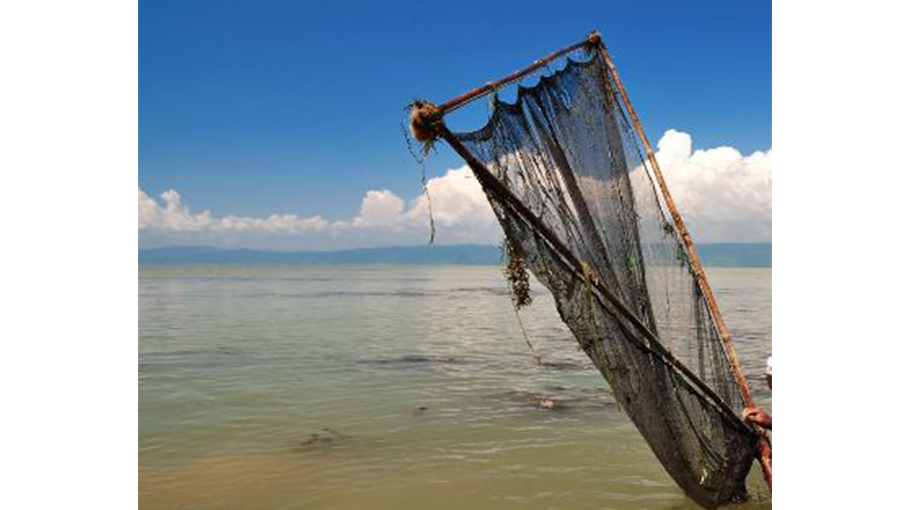Fishing sector on the decline in Chuadanga

Most of fishermen in Chuadanga district has changed their paternal profession gradually due to decreasing all for open fishing grounds and fishery resources. Some of the members have been engaging fish farms.
According to District Fisheries Office, about 5112 fishermen are in the district. There are 878 fishermen in sadar upazila, 1052 fishermen in Jibannagar Upazila, 1595 fishermen in Damurhuda Upazila and 1587 fishermen in Alamdanga upazila.
Some financially solvent fishermen of the district have taken lease from the owners of ponds at the areas as well as cultivating fishes there. But many of the community members, who are not financial solvent, has left their paternal profession and engaged themselves as labors of fish cultivation and other jobs, sources added.
According to different sources, the causes of leaving their profession are for high growth of population presses on inadequate and often deteriorating water resources. Besides some influential persons have leased out beels and haors in the district for cultivation fishes.
Nitya Nando Haldar of village Boalia in sadar upazila said, once upon a time fishermen of Chuadanga depend on fishing for their living. They used simple and traditional fishing equipment like long type of nets, throwing nets (khepla jal), pushing nets (thela jal), palm trees’ made small boat (dinge) for catching fishes at free of cost in all types of water bodies whereas at present no opportunity to do it.
It may be mentioned here, rivers and beels were filled with water to the brim in the rainy season. A huge quantity of fishes was caught by the fishermen from the water bodies and maintained their families.
Bijoy Kumar Haldar, a fisherman of village Nischidopur in Jibannagar upazila of the district, said a few numbers of fishermen in the district are engaged at their paternal job. Many of them have left their profession.
Sojol Kumar Haldar, a fisherman of village Chanpur in sadar upazila of the district said, fishermen sell fish directly to the consumers or to the intermediary traders who are locally known as fish traders.




